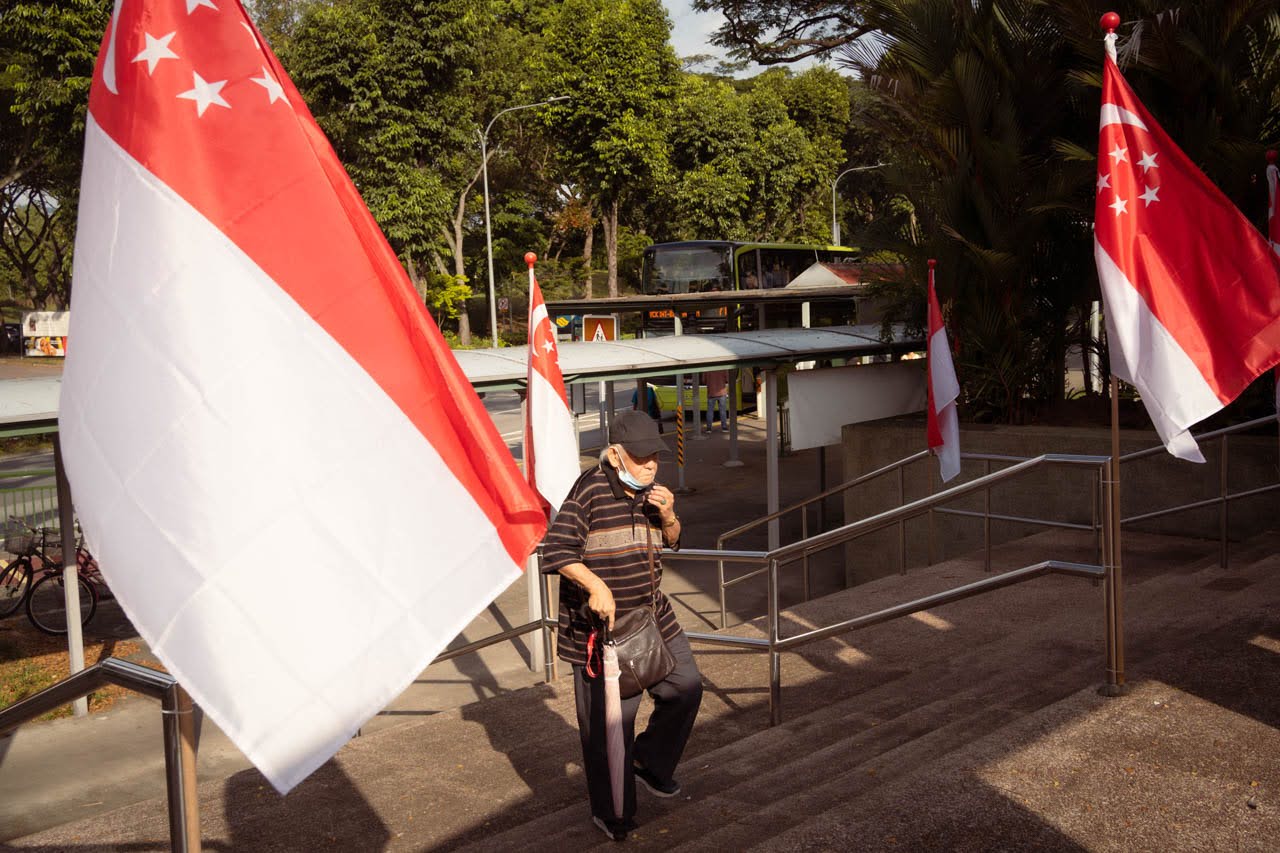Does ‘Ownself Check Ownself’ Still Have Any Political Capital?
by
Hykel QuekAugust 10, 2023
SHARE TO
Top Image:
After recent scandals, is ‘ownself check ownself’ nothing more than a myth?
In front of a packed Parliament House on August 2, Prime Minister Lee Hsien Loong gave a Ministerial statement on the Corrupt Practice Investigation Bureau (CPIB) probe into Transport Minister S Iswaran and the recent resignations of two Members of Parliament (MPs).
“The way we have handled these incidents shows how seriously the [People’s Action Party] takes our responsibility of governing Singapore and being accountable to Parliament and to Singaporeans,” PM Lee reiterates halfway through his statement.
There’s a resolute tone throughout the 20-minute speech, but PM Lee’s eyebags betrayed signs of exhaustion. Since 2004, Mr Lee has steered the ship as Singapore’s prime minister. But in his 19 years at the helm, never before has he navigated choppy waters as turbulent as recent political scandals.
There’s little doubt that these shenanigans have
dented public confidence in Singapore’s leadership. It’s a bruise so distinct that the Prime Minister had to set the record straight twice—once in his Ministerial statement in Parliament; the second in his National Day message this year.
National Day, of all days! If the man had to address such a blemish on a day meant for flag-waving festivities, you know things are critical.
“Let there be no doubt my government is determined to keep our system free of corruption and wrongdoing,” PM Lee, clad in festive colours, declares.
“We will maintain our high standards of honesty, integrity, and propriety Singaporeans have come to expect this of us—and so have our international partners.”
He elaborates no further, shifting focus towards more pressing issues on the national agenda; p
ublic housing being one of them.






